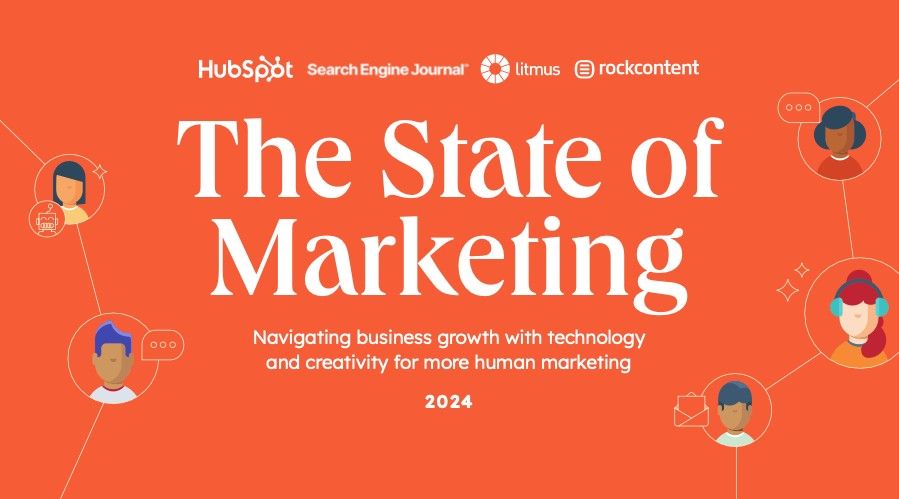Strengthening digital trust: ASEAN’s collaborative fight against cyber threats
ASEAN nations rally to tackle the rise of cyber threats, emphasizing AI governance and regional scam combat strategies

In an era where technological advancements are both a boon and a bane, the members of the Association of Southeast Asian Nations (ASEAN) are taking significant strides towards a safer digital future.
Spearheaded by Singapore’s communications and information minister Josephine Teo, the ASEAN digital ministers’ meeting on February 1 and 2 serves as a critical platform for regional leaders to deliberate on the multifaceted challenges posed by the digital age, including the perils of scams and the spread of fake news through artificial intelligence (AI).
This year's conference, marking the first hosting in over a decade at the Shangri-La Hotel, signifies more than a mere gathering of officials. It underscores ASEAN's commitment to fortifying its digital landscape against the increasingly sophisticated threats that loom online.
As minister Teo articulated, the essence of the meeting lies not just in addressing the immediate risks but in fostering a durable foundation of trust amidst the digital developments that continue to shape our world.
The menace of deepfakes, exemplified by the recent deceptive videos mimicking Singapore’s prime minister Lee Hsien Loong, highlights the urgent need for robust countermeasures. These AI-generated fabrications, capable of eroding public trust and exacerbating societal divisions, represent just one facet of the broader cybersecurity challenge confronting the region.

Implementing new guidelines
In response, ASEAN nations have rallied to adopt the United Nations’ standards on cyberspace behavior, becoming the pioneering regional group to fully embrace these guidelines in 2023. This adoption not only aims to curb crime and terrorism but also to safeguard critical infrastructure from cyber threats. Additionally, the framework for cross-border data sharing exemplifies ASEAN's vision for a seamlessly connected digital economy.
The economic implications of these initiatives are profound, with the EU's substantial investment in ASEAN and the proliferation of European business establishments in Singapore highlighting the region's growing appeal as a digital hub. The forthcoming memorandum of understanding with China further emphasizes ASEAN's strategic approach to enhancing digital connectivity and securing its cyber frontiers.
As the ministers convene to explore the utilization of AI for public good and strategize against cross-border scams, it is clear that ASEAN is not merely reacting to the digital age but is actively shaping its trajectory. This collaborative effort not only fortifies the region’s digital economy but also sets a global precedent for digital governance and cybersecurity.
How AI threats have been addressed globally
The global landscape of digital governance and cybersecurity is not confined to ASEAN alone.
The European Union (EU) is leading by example with the introduction of the Digital Services Act and the AI Act to establish legal frameworks ensuring the safe and ethical use of AI. These regulations are crafted to mitigate AI risks, including those posed by deepfakes, by enforcing transparency and accountability from AI system developers and deployers.
Similarly, China is advancing its AI ambitions through its New Generation Artificial Intelligence Development Plan, which includes ethical guidelines and regulations focusing on preventing AI threats to social stability. The Cyberspace Administration of China plays a crucial role in regulating online and AI-generated content, showing a proactive approach to maintaining digital integrity.
Japan, too, has carved out a distinct path with its AI strategy that prioritizes societal implementation, security, privacy, and ethical considerations in AI deployment.
These nations and regions are not only working independently but also collaboratively through international partnerships and forums to address the complex challenges posed by AI, including cybersecurity threats like deepfakes. The approaches vary, with some focusing more on regulation and others on innovation and ethical guidelines, but all share a common goal of ensuring the safe and beneficial use of AI technologies.
Implications in the media landscape
For journalists, digital marketers, PR agencies, and freelance writers, the evolving digital landscape in the Association of Southeast Asian Nations (ASEAN) holds significant implications. As these professionals navigate an increasingly complex online environment, understanding ASEAN's strategies to combat digital threats such as scams, fake news, and deepfakes is paramount.
To navigate this landscape effectively, journalists and digital marketing professionals can leverage cutting-edge tools such as AI-driven analytics platforms for real-time threat detection and sentiment analysis, ensuring they stay ahead of misinformation trends.
Additionally, advanced cybersecurity software offers robust protection against digital fraud and deepfakes, enabling these professionals to safeguard their digital assets and maintain the integrity of their content.
The region's commitment to enhancing digital security and promoting ethical AI use provides a rich context for content creation, offering insights into global digital governance trends. This knowledge is crucial for developing effective communication strategies, creating informed content, and advising clients on navigating digital risks.
ContentGrow is an AI-powered talent network for brands and publishers to work with high-quality freelance writers and journalists worldwide. Sign up to get started or book a discovery call to learn more.





